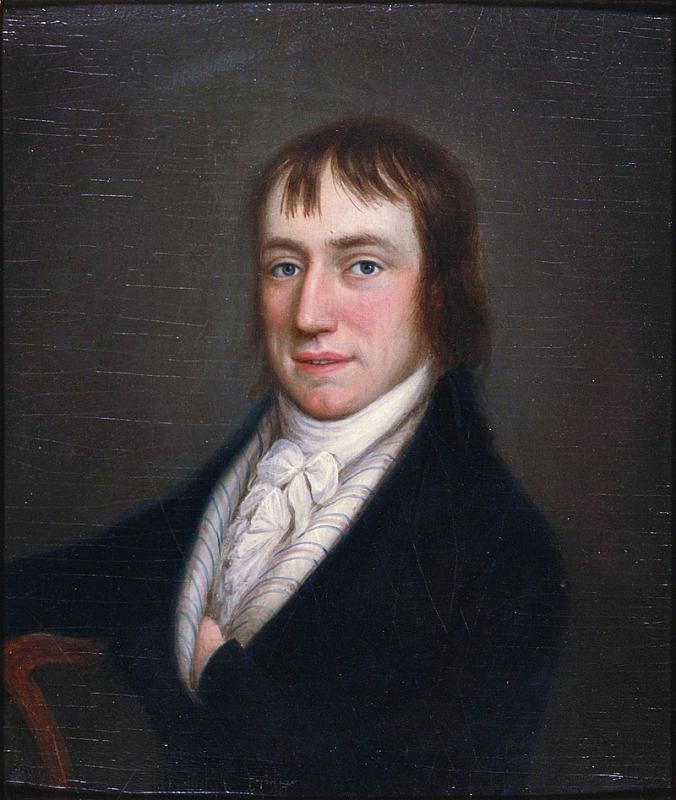Quote
"The end of Poetry is to produce excitement in co-existence with an overbalance of pleasure; but, by the supposition, excitement is an unusual and irregular state of the mind; ideas and feelings do not, in that state, succeed each other in accustomed order."
Links to the Encyclopedia:
Keywords
But various causes might be pointed out why, when the style is manly, and the subject of some importance, words metrically arranged will long continue to impart such a pleasure to mankind as he who proves the extent of that pleasure will be desirous to impart. The end of Poetry is to produce excitement in co-existence with an overbalance of pleasure; but, by the supposition, excitement is an unusual and irregular state of the mind; ideas and feelings do not, in that state, succeed each other in accustomed order. If the words, however, by which this excitement is produced be in themselves powerful, or the images and feelings have an undue proportion of pain connected with them, there is some danger that the excitement may be carried beyond its proper bounds. Now the co-presence of something regular, something to which the mind has been accustomed in various moods and in a less excited state, cannot but have great efficacy in tempering and restraining the passion by an intertexture of ordinary feeling, and of feeling not strictly and necessarily connected with the passion. This is unquestionably true; and hence, though the opinion will at first appear paradoxical, from the tendency of metre to divest language, in a certain degree, of its reality, and thus to throw a sort of half-consciousness of unsubstantial existence over the whole composition, there can be little doubt but that more pathetic situations and sentiments, that is, those which have a greater proportion of pain connected with them, may be endured in metrical composition, especially in rhyme, than in prose. The metre of the old ballads is very artless; yet they contain many passages which would illustrate this opinion; and, I hope, if the following Poems be attentively perused, similar instances will be found in them. This opinion may be further illustrated by appealing to the Reader’s own experience of the reluctance with which he comes to the reperusal of the distressful parts of Clarissa Harlowe, or The Gamester; while Shakespeare’s writings, in the most pathetic scenes, never act upon us, as pathetic, beyond the bounds of pleasure—an effect which, in a much greater degree than might at first be imagined, is to be ascribed to small, but continual and regular impulses of pleasurable surprise from the metrical arrangement.—On the other hand (what it must be allowed will much more frequently happen) if the Poet’s words should be incommensurate with the passion, and inadequate to raise the Reader to a height of desirable excitement, then (unless the Poet’s choice of his metre has been grossly injudicious), in the feelings of pleasure which the Reader has been accustomed to connect with metre in general, and in the feeling, whether cheerful or melancholy, which he has been accustomed to connect with that particular movement of metre, there will be found something which will greatly contribute to impart passion to the words, and to effect the complex end which the Poet proposes to himself.
Sources
Preface to Lyrical Ballads (1800). Full text here.
